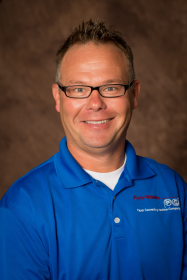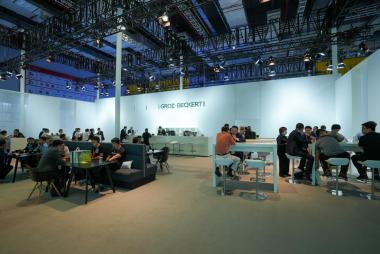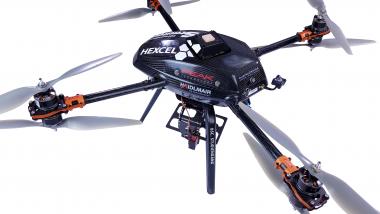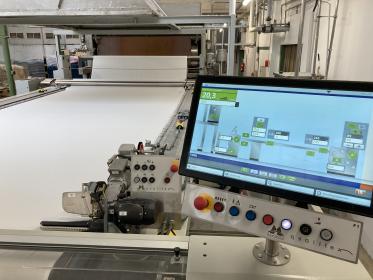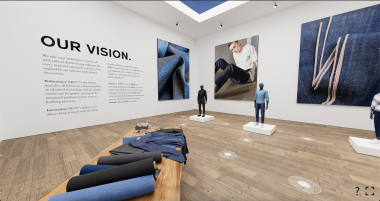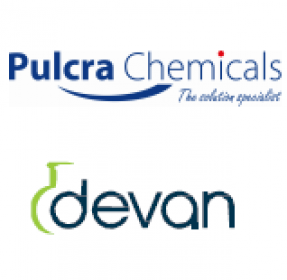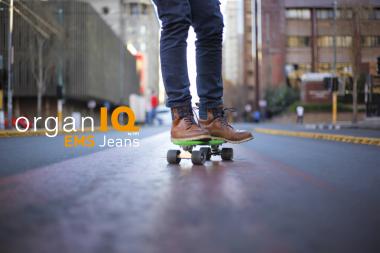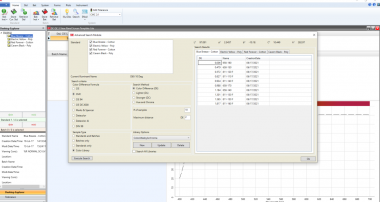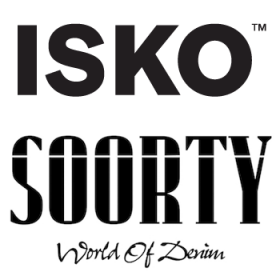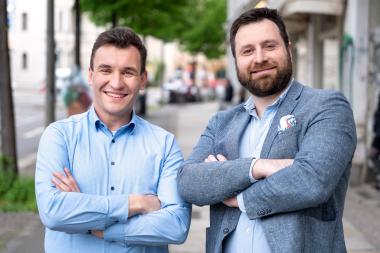Hudson-Sharp welcomes Jason Beauleau as new Regional Sales Executive
Bag-converting equipment manufacturer Hudson-Sharp—part of Paper Converting Machine Company (PCMC) and Barry-Wehmiller’s converting equipment platform—is pleased to announce that Jason Beauleau has joined the company as Regional Sales Executive.
In his new role, Beauleau will be responsible for the Midwest region, as well as for serving multiple key customers. He will be replacing longtime Sales Executive John Krebsbach after he retires on Oct. 1, 2021. Beauleau has more than 25 years of experience in the packaging and printing industry, including 20-plus years with PCMC.
Hudson-Sharp Paper Converting Machine Company PCMC Barry-Wehmiller packaging machines
Barry-Wehmiller


